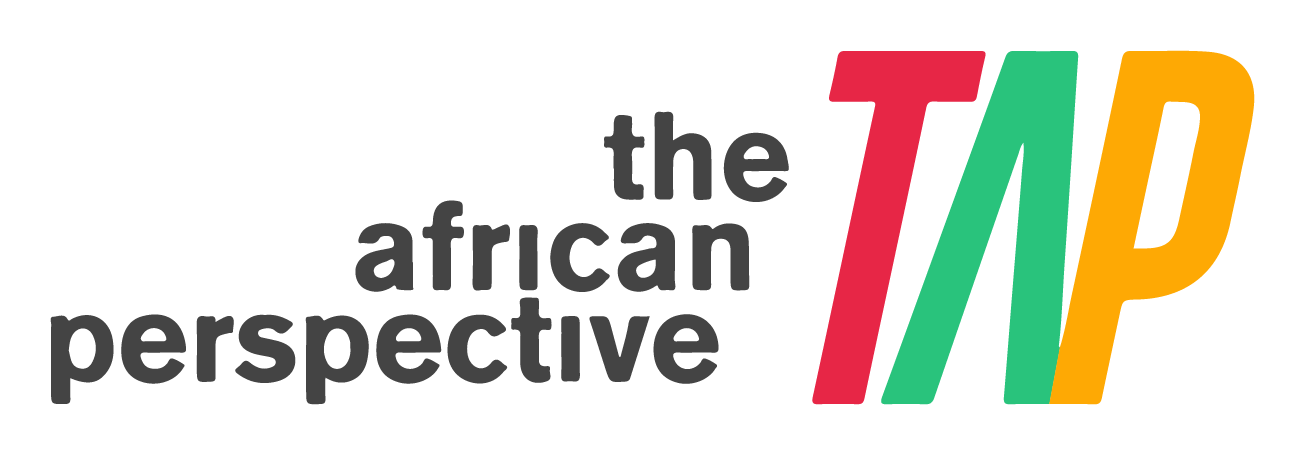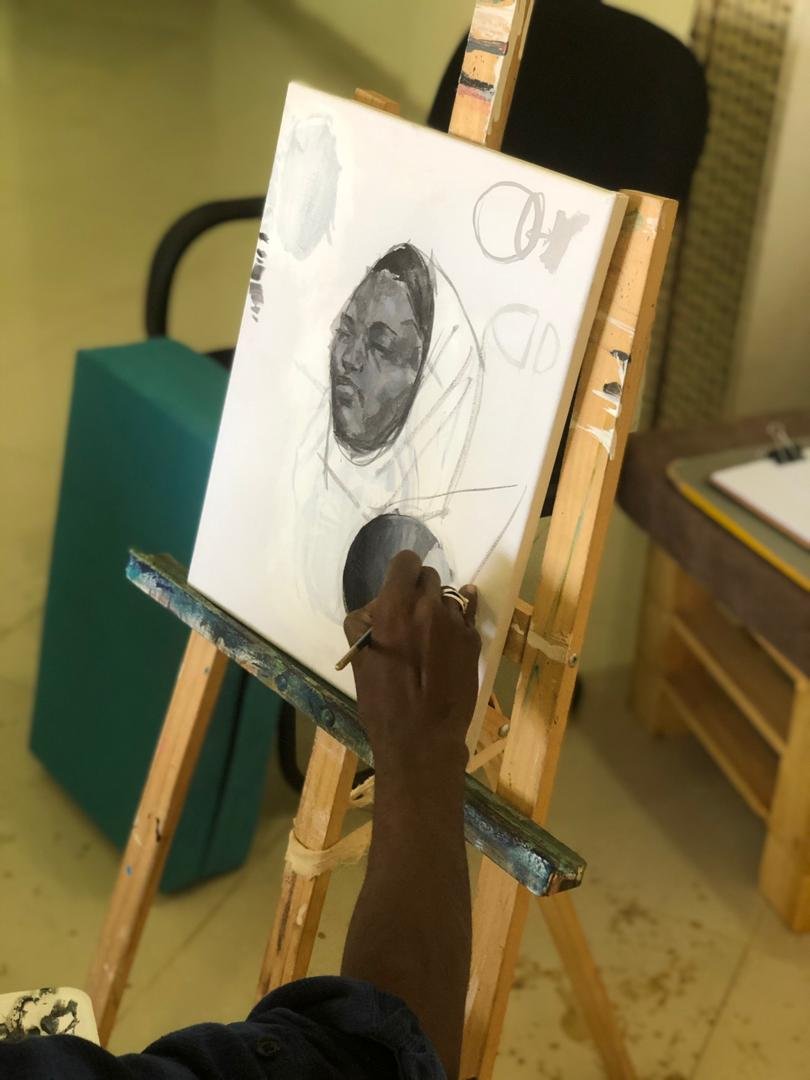The Power of Art - In Conversation with The Muse Multi Studios
From the extraordinary landscapes to diverse people and rich culture, all corners of the African continent can be an artist’s muse. While art has not always been at the forefront of Africa’s psyche, recent Africa Day celebrations have incited interest in art at the governing bodies’ level as a “lever to build the Africa we want.” A mandate proposed by the AU for African countries to promote and invest in African arts as a vehicle for promoting and achieving development goals.
An example of an organization that is driven by the importance of Art in Africa is The Muse Multi Studios in Khartoum, Sudan. We had the privilege of speaking to them to learn more about Art in Sudan, and what they are doing to make a difference.
The Muse is a creative enterprise that aims to promote art in Sudan. Founded in 2019 by Reem Al Jeally, it was built off the lack of support and representation of Artists in Sudan. Despite there being a cornucopia of talented artists in Sudan, they often remain in the shadows. Without proper support, a thriving community of creatives remains dormant. An unfortunate reality that many African countries can relate to. One that is, however, slowly changing.
When asked to summarize what The Muse does, Mawadda Tariq, the communications director, tells us that they give artists space, training, and tools they need to create and put their work out there. They also have various themed workshops to teach people how to use art as a form of expression, exploration, and therapy. Currently incubated in Savannah Innovation Labs, they exhibit Sudani artists to highlight the thriving art scene in Sudan.
The art scene in Sudan is a hidden gem. A diverse and expansive community of artists create unbeknownst to most of Sudan, the rest of the continent, and the world. Reem Al Jeally, the founder of The Muse, is an example of someone “creating great art and doing great things for the art scene,” Mawadda says. Other Sudani artists people ought to know about include Bakri Moaz, Elhassan Elmuontasir, and Dahlia Abdelilah. Mawadda explains that these artists deserve an honorable mention because not only are they creating art, they also support communities of artists and promote art in Sudan.
Art is important because it is “a powerful form of expression,” Mawadda says. She recalls a transformative workshop that The Muse had with kids healing from the trauma and pain of war from the Geriaf Reformatory Center. Through an art session with an art therapist, the children began discovering ways to use art to express veiled emotions.
Artwork from the Geriaf Reformatory Center Workshop
“They had so much pain and trauma that they didn’t even know about. We worked with them to create art, and the therapist was able to analyze it and provide the center with information about how to support the children”.
Through the course of the session children who could barely muster up the courage to respond to questions were blissfully painting with a newfound sense of confidence. Mawadda reminds us that when words fail, art thrives.
“When you don’t have the words, art can be so therapeutic… a healthy coping mechanism for people healing from wars, trauma or anything difficult”. In a country dealing with the trauma of revolutions, coups, and war, offering people a healthy avenue to express themselves is important and The Muse recognizes this.
Art is also a powerful means to memorialize heritage and express culture. In Sudan art has been used as a form of storytelling and rebellion. For example, a recent exhibition by the Muse features Dahlia Abdelilah, an artist and figurative painter who uses her art to explore social, cultural and gender issues.
That is why platforms like The Muse, which provide artists with avenues to create, are imperative in Sudan and the rest of Africa. “Platforms for artists to thrive,” Mawadda says. “We [as Africans] need to support them and then give them the space to be found by larger audiences and get the recognition they deserve” and that is exactly what The Muse is doing in Khartoum.
This continent is jam-packed with rich history, cultural diversity, and natural beauty from which artists can draw inspiration. Yet often artistic career paths are hindered by stigma and lack of support from the community. The Muse is looking to change this, to encourage Sudani’s and Africans to see the immense value of art. Hearing Mawadda’s testimony underscores the importance of investing in art in African communities. Examining the effect of simply providing the space for exhibitions for artists to teaching children how to express themselves with art it is clear that investing in Art will indeed be imperative in building the Africa we want.
If you’re interested in getting involved in the work that The Muse is doing then check out their website here. Follow them on their social media platforms here to stay up to date and learn more.














Welcome to Issue 19 of TAP. For the past decade, migration has been one of the leading political issues across the Western World. In Europe, many people live in paranoia of African migrants swimming onto their shores and taking over their villages, towns, cities, and countries; but most importantly, their jobs and way of life. This fear has led to the resurgence of extreme far-right groups, politicians, and political parties. Using fear, they have taken the opportunity to incite division and hate amongst the doubtful masse